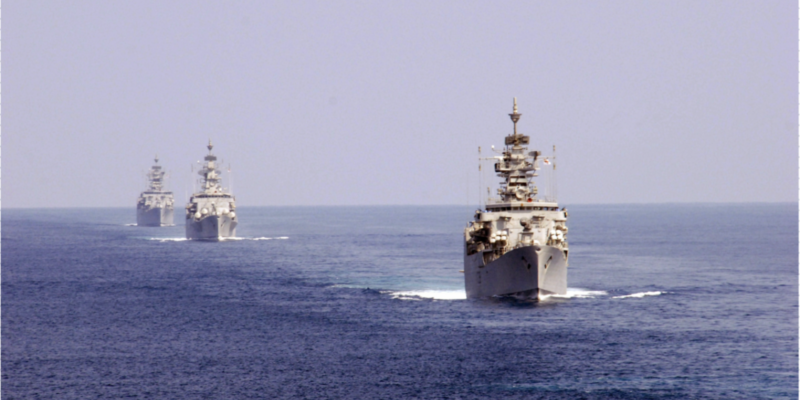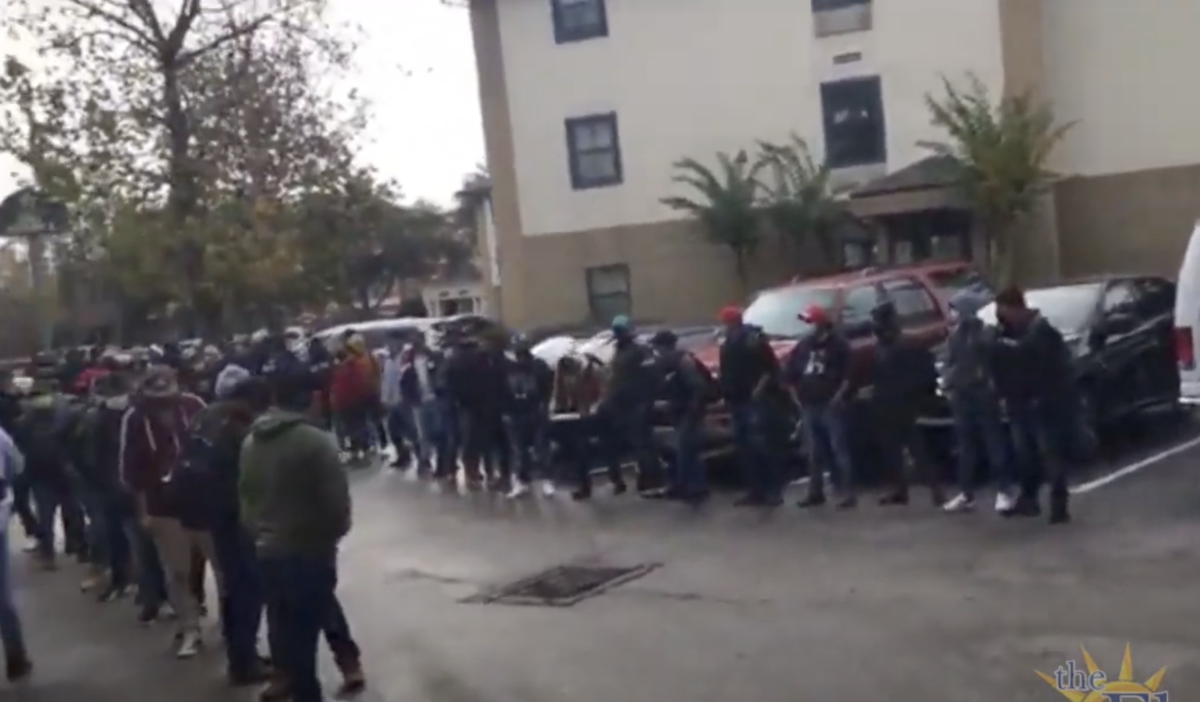The Houthis recently fired ballistic rockets at Israel, continuing a month-long trend of missile attacks against Israeli civilians.
According to the Israeli Defence Forces (IDF), civilians across eastern Israel had to shelter in place due to projectile fire originating in Yemen.
Meanwhile, the US is diminishing its military presence in the region as its USS Harry S. Truman Carrier Strike Group (CSG), previously patrolling the Red Sea to counter the Houthis’ attacks, returns home.
The Houthis, an Iran-backed Yemeni terror group, have been targeting US, Israeli, and allies’ ships since Hamas’ October 7th, 2023 attacks.
Houthi forces have orchestrated drone and missile attacks against US military and commercial ships and increasingly directly attacked Israel’s civilian population.
President Donald Trump recently signed a ceasefire agreement with the Houthis after the latter pledged to cease targeting ships traversing the Red Sea.
Thanks to President Trump’s ceasefire agreement, the Truman CSG had its deployment - which had been extended in order to maximize the US’s counter-Houthi operations - come to an end.
However, while the Houthis have since honored their agreement with the US, they have continued to fire missiles against Israel.
Some lawmakers have urged Trump to defend Israel by resuming US airstrikes on Houthi positions.
Senator Lindsey Graham (R-SC), for example, urged Trump to hold the Houthis “accountable” for attacking Israel.
“I appreciate President Trump trying to pursue peace on multiple fronts, however we must hold bad actors accountable when they defy these efforts,” said Graham.
The US has yet to respond to the Houthis’ continued strikes against Israel, but some sources claim this could change.
According to the latest fleet-tracking reports, the US’s Vinson CSG’s current position enables it to strike Houthi strongholds if needed.
Until then, Israel will continue fending off the Houthis by itself, as it has recently repeatedly done through surgical strikes on crucial Houthi assets.













